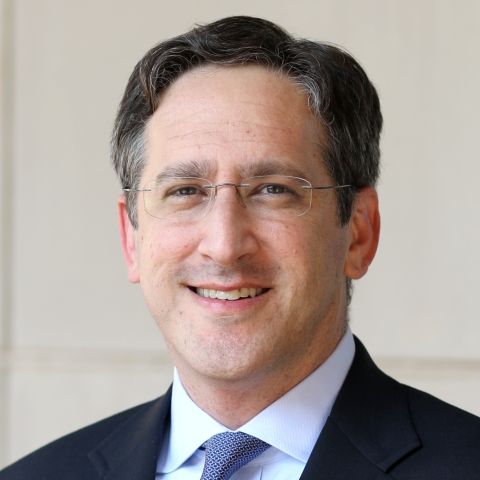



Liberalism is back on its heels, pushed there by political movements in the United States and Europe and by the critiques of legal scholars and...
Cyber stalking involves repeated, often relentless targeting of someone with abuse. Death and rape threats may be part of a perpetrator’s playbook...
Fifty years ago, federal and state lawmakers called for the regulation of a criminal justice “databank” connecting federal, state, and local agencies...
In the last few years, the Supreme Court has upended its doctrine of religious freedom under the First Amendment. The Court has explicitly rejected...
The demise of Roe v. Wade has raised a host of religious liberty questions that were submerged prior to the Supreme Court’s decision in Dobbs v...
Looking for a federal law to be declared unconstitutional? Religion may well be your best bet -- and that's true regardless of how "real" your...
Section 230 is finally getting the clear-eyed attention that it deserves. No longer is it naive to suggest that we revisit the law that immunizes...
The recently enacted Respect for Marriage Act is important bipartisan legislation that will protect same-sex marriage should the Supreme Court...
Violations of intimate privacy can be never ending. As long as nonconsensual pornography and deepfake sex videos remain online, privacy violations...
As faculty members at the University, we are writing to object to The Cavalier Daily’s recent editorial arguing that former vice president Mike Pence...